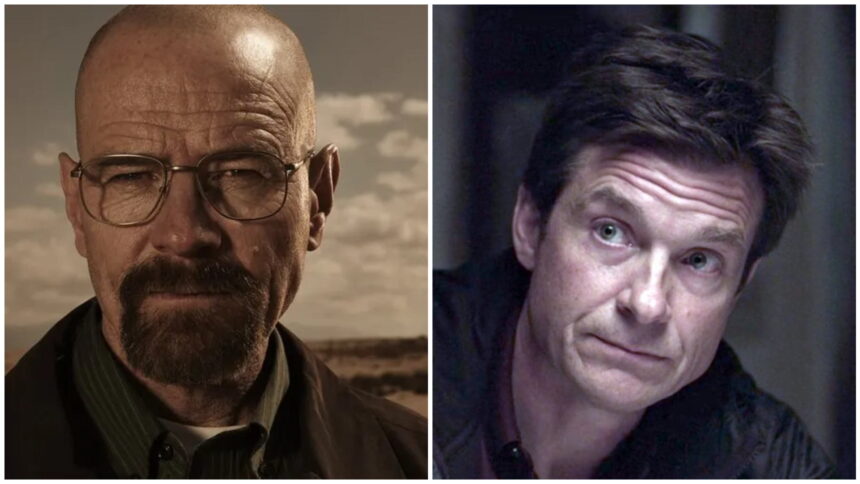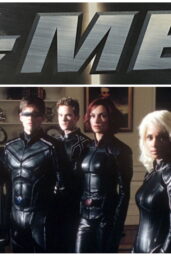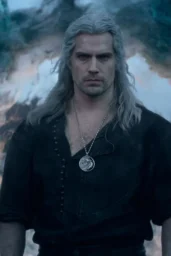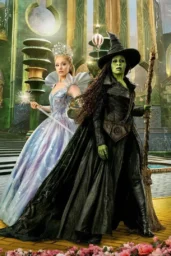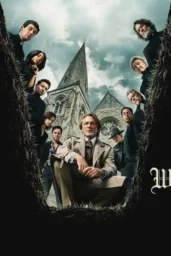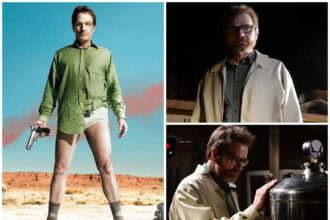Nothing prepared me for when Jason Bateman turned into a cold-blooded money launderer.
Let's be honest: calling Ozark “Netflix's answer to Breaking Bad” sounds like a lazy pitch from someone who skimmed both pilots with half an eye open. But look closer—and darker—and you'll see something more chilling. Ozark isn't just a spiritual successor to AMC's meth-fueled masterpiece. It's a mirror, a mutation, and maybe even a middle finger to the very genre Breaking Bad perfected.
Here's the uncomfortable truth: Marty Byrde makes Walter White look like a drama club dropout.
Walter's descent into villainy was Shakespearean. Marty's? It's corporate. Strategic. Drenched in spreadsheets and sociopathy. Where Breaking Bad focused on one man's ego-fueled implosion, Ozark spreads the rot like wildfire—through marriages, kids, politics, and real estate. It's capitalism, weaponized.
And while Breaking Bad gave us one of TV's greatest antiheroes, Ozark dares to ask: What if there's no hero at all?
Ozark isn't just mimicking Breaking Bad—it's upgrading the blueprint.
Let's talk structure. Ozark wastes no time. The pilot alone throws us into a bloodbath, a cartel execution, and a $500 million laundering plan—all before you've finished your popcorn. Like if Succession got stuck in a True Detective fever dream. Created by Bill Dubuque (of The Accountant fame), Ozark runs on tight tension and cold efficiency. Think “prestige TV meets financial thriller,” with a side of Southern Gothic.
Jason Bateman—long known for playing the exasperated straight man—delivers a career-defining performance that's equal parts clinical and cracked. He's Michael Bluth if Michael had a body count and a cartel on speed dial. Laura Linney, meanwhile, turns Wendy Byrde into Lady Macbeth in a Talbots pantsuit. And Julia Garner's Ruth Langmore? A walking Molotov cocktail in Doc Martens.
Still, Ozark never got its roses. Why? Timing.
When Breaking Bad aired, it surfed the crest of the so-called “Golden Age of Television.” Prestige drama was still novel. By the time Ozark arrived, we were drowning in antiheroes. From Ray Donovan to Mr. Robot, dark morality tales had become the algorithm's default. Even its Rotten Tomatoes peak—98% in Season 3—couldn't compete with Breaking Bad's cultural chokehold.
But in hindsight? Ozark might actually hold up better. It's leaner. Meaner. Less mythic, more modern. As Vince Gilligan moves on from the Breaking Bad universe for good, maybe it's time to reassess what filled that void.
Historical flashback: Remember Sons of Anarchy? Or Boardwalk Empire?
Both tried riding Breaking Bad's coattails. But Ozark didn't just imitate—it infiltrated. It took the tropes, drained the romance, and injected raw dread. If Breaking Bad was the story of power corrupting, Ozark is what happens when power doesn't even blink.
So—will Ozark ever get the respect it deserves? Maybe not.
But that's fitting. Like Marty Byrde himself, Ozark doesn't beg for your love. It earns it—in silence, in strategy, in blood.
Would you risk your family to keep your secrets safe? Comment below.

